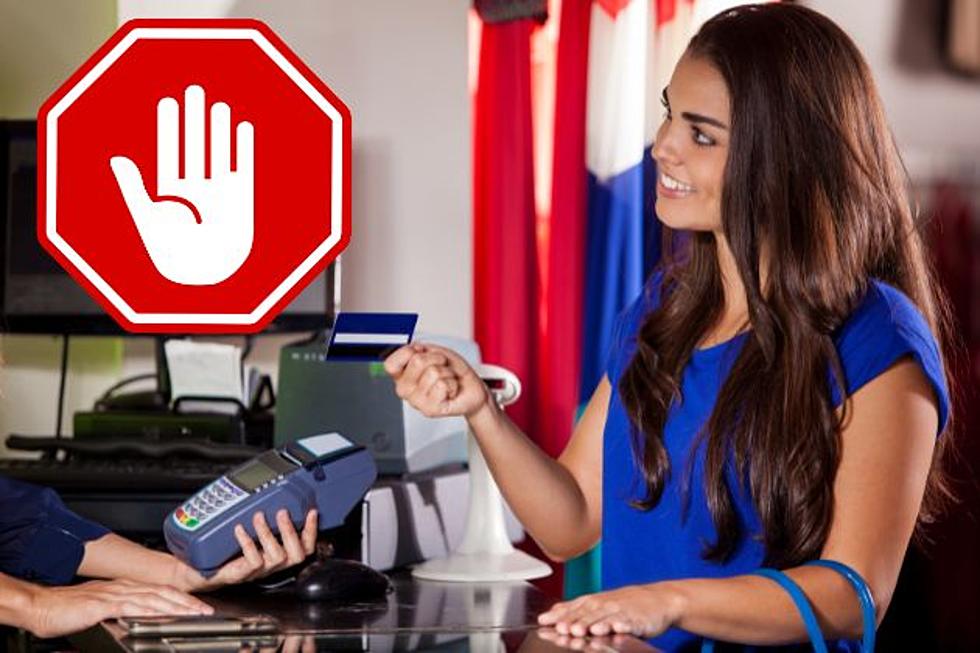
Paying more to use a card? NJ bill sets rules for these charges
💰 A bill aims to increase transparency related to credit card surcharges at checkout
💰 The proposal also blocks retailers from making a profit off of the fee
💰 Most businesses must accept your cash
It'd be hard to be blindsided by a credit card surcharge at checkout, and merchants would be prohibited from profiting from the extra fee, if a piece of legislation advancing in Trenton becomes law.
Under a bill that has already received approval from the full Assembly and a Senate committee, retailers that are imposing a surcharge on customers who pay with a credit card would have to verbally inform customers of the extra charge before they pay. Clear signage indicating the charge amount would also have to be posted at the point of entry and the point of sale.
The proposed law also covers sales that occur over the internet or phone.
"Unfortunately, consumers are just inundated with fees everywhere, that I think they've been worn down and they simply accept them without question," Beverly Brown Ruggia, financial justice program director for New Jersey Citizen Action, told New Jersey 101.5. "And that's just simply not fair."
The surcharge imposed by retailers is meant to offset the fees they're handling from the credit card companies on the back end. Merchants who don't impose an extra fee may try to recoup costs by increasing the price of their goods or services, with or without the incentive of a discount for customers who pay with cash.
Bill: You can't profit off of a credit card surcharge
The bill, sponsored by Gordon Johnson in the Senate, also prohibits retailers from imposing a surcharge greater than the actual cost that they're incurring themselves. This is already a rule from Mastercard and Visa, which are said to control 80% of the card market.
“So few people carry cash anymore, and we understand these processing fees can be burdensome for businesses but we also don’t want them taking advantage of the situation," said Johnson, D-Bergen.
New Jersey law states that businesses must accept cash. There are exemptions for businesses such as parking facilities and large entertainment venues.
When reached for comment on the proposed law, the New Jersey Restaurant and Hospitality Association said the bill would help with transparency between consumers and restaurants.
"Many of our members already post notice if they will be charging a surcharge fee in advance," the group said.
A violation of the potential law would be punishable by a fine of up to $10,000 for an initial offense, and up to $20,000 for any subsequent offense, along with possible action by the Attorney General.
Report a correction 👈 | 👉 Contact our newsroom


